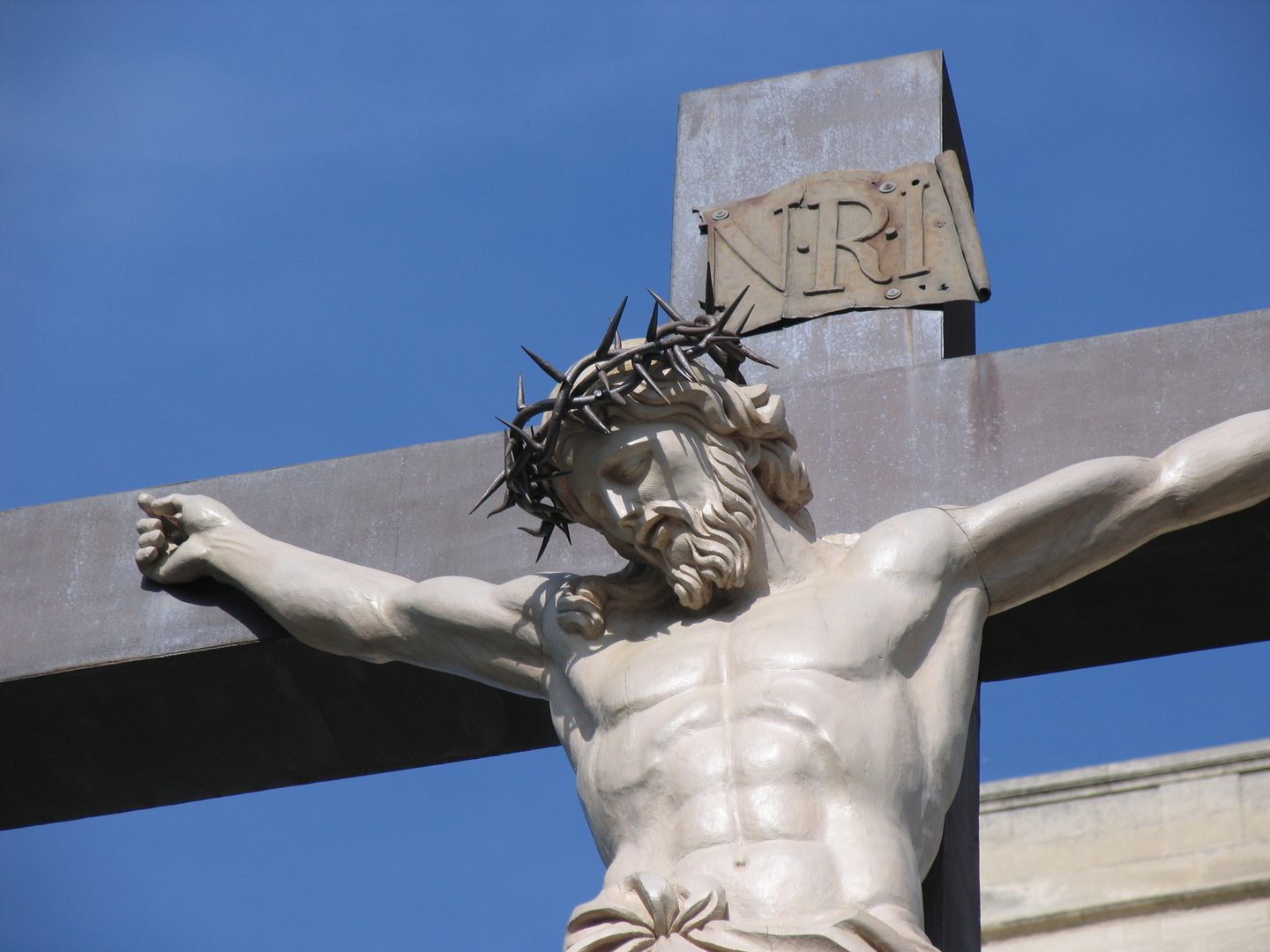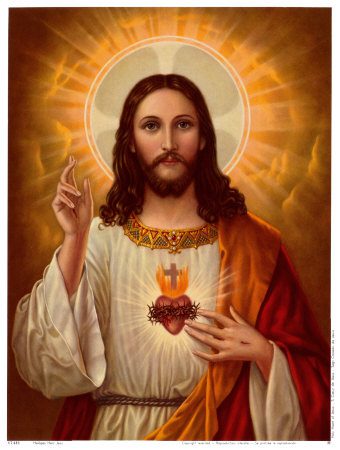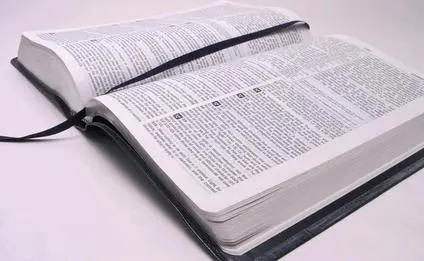The following is a reflection I wrote during my final year in seminary on what keeping the Sabbath means to mean as a priest.
The Third Commandment is given in Exodus 20:8-11 (cf. Deuteronomy 5:12-15)
Remember to keep holy the sabbath day. Six days you may labor and do all your work, but the seventh day is the sabbath of the Lord, your God. No work may be done then either by you, or your son or daughter, or your male or female slave, or your beast, or by the alien who lives with you. In six days the Lord made the heavens and the earth, the sea and all that is in them; but on the seventh day he rested. That is why the Lord has blessed the sabbath day and made it holy.
In our hectic world today, do we even pay any attention to our day of rest? For the Jewish people the Sabbath is Saturday. The early Christian Church moved it to Sunday, the day of the Lord’s Resurrection. It is the first day of a new week and the eighth day. It is the day where Christ began things anew through his ministry, crucifixion, and resurrection.
I write this in the fall semester of my last year of seminary at Theological College in Washington, DC. Ever since I returned to Church in 1998, I have been thinking about what it means for me to celebrate Sunday as the Lord’s Day. Do I take it to be a day of rest and do nothing? Or do I do the Lord’s Work? Jesus frequently cured people on the sabbath. I preached on the 30th Friday in Ordinary Time just this past week and the gospel passage was from Luke 14:1-6 where Jesus healed the man with dropsy on the Sabbath. It is good to do the Lord’s work on the Sabbath. Yet, I am also aware that I live in a seminary where there is a paid kitchen staff who works on Sunday. The Third Commandment tells us that not only should we not work, we should not make our servants work. While I do not view the kitchen staff as my servants, they are working on Sunday to feed my fellow seminarians and me. I hope that I am not causing them to violate the Lord’s Day. The first step is to always ensure that they do not work seven days straight. They too deserve their day of rest.
This is what brings me to the point of my writing this reflection. On June 30, 2007, I will be ordained a priest for the Diocese of Rochester. I will be working on Sunday mornings. In fact, I have already done so in my pastoral year and summer assignments. I do not believe my work on Sunday is in violation of the Third Commandment because I do this work for the community as the parish comes together to celebrate the Lord’s Day. The question for me is how do I personally honor the Lord’s Day? Do I simply say my work as a priest is my celebration? How do I spend my Sunday outside the Sunday Masses? I have a day off during the week. Do I do anything to honor the Lord’s Day as a day of rest on my day off?
As I was beginning to evaluate these questions this semester, I was doing some reading for my Christian Anthropology class and came across a reference to Pope John Paul II’s Apostolic Letter, Dies Domini, on the Lord’s Day. So, I decided to read the document and now I write out my thoughts to discern what it all means for me.
In the opening paragraphs of Dies Domini, John Paul II says Sunday is the Easter that returns every week. As the first day of the week it looks forward to what is to come. As the eighth day, it looks back in thanksgiving to what the past has brought us. Sunday calls us to remember our roots are in Jesus and so is our goal. In paragraph four, John Paul II speaks how culture is changing. Sunday used to be a universal day of rest in many cultures. For many people it is but he says some of the meaning of the Lord’s Day as a day of rest has been lost in the newer concept of a "weekend" where we take two days off diminishing the uniqueness of the Lord’s Day. The weekend is understood as simple rest and relaxation and not as a time to honor the Lord.
How do we honor the Lord’s Day? John Paul quotes Sacrosanctum Concilium 106 from the Second Vatican Council when he writes
"That on Sunday "Christian believers should come together, in order to commemorate the suffering, Resurrection and glory of the Lord Jesus, by hearing God’s Word and sharing the Eucharist, and to give thanks to God who has given them new birth to a living hope through the Resurrection of Jesus Christ from the dead (cf. 1 Pt 1:3). (Dies Domini, 6)."
We are called to worship the Lord. As a priest, I will preside at the Eucharist and will lead the parish community in worship. This is not a duty I take lightly. For me, to preside at any liturgy, but especially the Sunday Eucharist, is something that I hope and pray that every time I preside I do it with the fullest reverence and respect. If I do not take my role seriously, the community’s worship suffers. For me this is part of how I personally celebrate the Lord’s Day, taking it very seriously including spending several hours preparing the homily.
Then, the next question is how do I spend the rest of Sunday after the masses are done. As John Paul II writes, "The divine rest of the seventh day does not allude to an inactive God, but emphasizes the fullness of what has been accomplished" (Dies Domini, 11). The Lord does not stop being God on the seventh day. On the seventh day, God looks back at what he has created and appreciates his work. In following God’s lead, I desire to take time on Sunday to reflect on what the previous week has been like. What good have I done and what do I need to do better at? How was the Lord present to me? In paragraph 15, John Paul II reminds of our call to explicit prayer. This is not simply the Sunday Mass but to take this time to personally reflect on our relationship with God. We are not called to simple rest "but to rest in the Lord" (Dies Domini, 16).
In paragraph 22, John Paul II speaks of how the Christian calendar with its Sunday day of rest did not coincide with the Greek and Roman calendars. Yet, they made the effort to rise early to celebrate the Sunday mass before going to work. In our hectic world today, some people need to work on Sunday. As a priest, it will be part of my duty to do my best to ensure that Sunday masses are offered as best as possible at times convenient for those people who must work on Sunday. Personally, I am also aware that I should not contribute to unnecessarily making people work on Sunday. For example, do I really need to go shopping on Sunday or am I able to do it during the week?
Starting in paragraph 52, John Paul II goes into greater detail on how we might spend the Lord’s Day beyond Mass. His first suggestion is for a Sunday pilgrimage to a shrine or another religious location. We do not need to do this as individuals. It can be an activity for the family to do together, parents teaching their children the importance of honoring the Lord’s Day.
In paragraphs 69-73, John Paul II suggests the Sunday can also be a day to devote "to works of mercy, charity and apostolate." In Matthew 25:31-46, Jesus calls us to care for others. Sunday is a good day to do this. Feeding the hungry or visiting the sick is not simply work and thus to be avoided. We honor the Lord in our love and care for those in need.
The last item for how I celebrate the Lord’s Day as a priest is to share all that I have said here about the Lord’s Day with the parishioners. I am called to help all those around me to understand what it truly means to celebrate the Lord’s Day.
This leaves only one question for me. Do I celebrate the Lord’s Day only on Sunday or do I do something on my day off. If I wanted to take a minimalist approach, I could justify that I fulfill my personal obligation to celebrate the Lord’s Day on Sunday, both at mass and outside of mass. However, I believe this would miss the spirit of the commandment to honor the Lord’s Day. This is not to say I think I should spend my entire day off during the week as the Lord’s Day. I will celebrate Mass on my day off. I will be mindful of the needs of the people beyond the parish, spend time with family and friends appreciating the gift they are too me and to take a little time on the day off to appreciate what the Lord has done for me and to look forward with the cardinal virtue of hope of the good things to come.
See Fr. Jeff's blog articles on the Sunday Sabbath
(reviewed 1/28/21)




